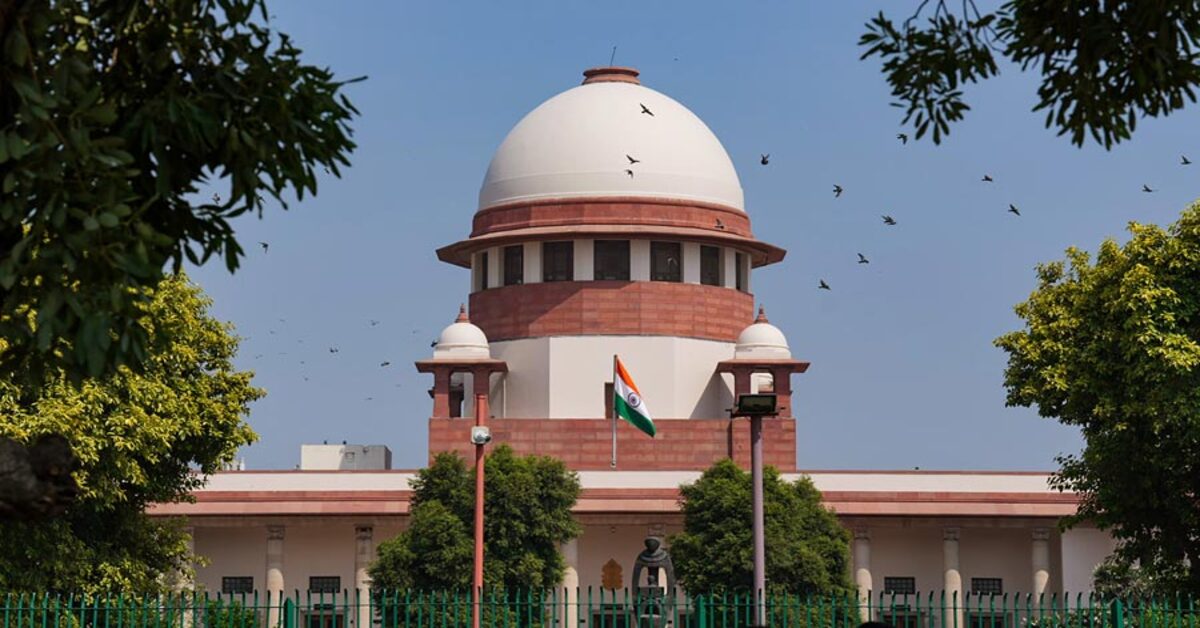Supreme Court Rules in Jayant Shivram Salgaonkar Case: Succession Law Override Companies Act

In a landmark judgment, the Supreme Court of India has ruled in the case of Jayant Shivram Salgaonkar that the nomination process under the Companies Act, 1956 (pari materia Companies Act, 2013) does not override Succession Law 1. The Bench, comprising Justice Hrishikesh Roy and Justice Pankaj Mithal, upheld the High Court order.
The Case
The case revolved around Mr. Jayant Shivram Salgaonkar (Testator), who had executed a will for the devolution of his estates upon the successors1. The Testator had certain mutual fund investments (“MFs”) in respect of which Appellants and Respondent No. 9 were made nominees. After the Testator’s death, a suit was filed, praying for declaration that the Testator’s properties be administered under the Court’s supervision.
The Argument
The Appellants argued that they are sole nominees of the MFs and thus absolutely vested with securities after Testator’s death. They claimed that nominations under MFs/shares were made as per Section 109A & 109B of Companies Act, 1956 (“Act 1956”) and bye-law 9.11.7 of the Depositories Act, 1996 (“Act 1996”)1.
SC Verdict: Legal Heirs Override Nominees in Succession Law
The Supreme Court held that it is beyond the scope of the company’s affairs to facilitate succession planning of the shareholder. In case of a Will, it is upon the administrator or executor under the Indian Succession Act, 1925, or in case of intestate succession, the laws of succession to determine the line of succession1. The nominee of a holder of a share or securities is not entitled to the beneficial ownership of the shares or securities, which are the subject matter of nomination to the exclusion of all other persons who are entitled to inherit the estates of the holders as per the law of succession.
The Court further clarified that there is no third mode of succession that the scheme of the Companies Act, 1956 (pari materia provisions in Companies Act, 2013) and Depositories Act, 1996 aims or intends to provide.
This judgment reaffirms the rights of legal heirs superseding the rights of the nominee of a shareholder2. It brings clarity to the complex layer of commercial considerations that are to be taken into account while dealing with the issue of nomination pertaining to companies.
Succession Law Impact: Nomination Process vs. Legal Heirs
This ruling has significant implications for succession planning and the administration of estates. It clarifies that the nomination process does not override the succession laws, and the nominee holds the asset for and on behalf of the legal heirs of the deceased2. This judgment is expected to guide future cases involving similar disputes and provide a clear understanding of the interplay between company law and succession laws.









